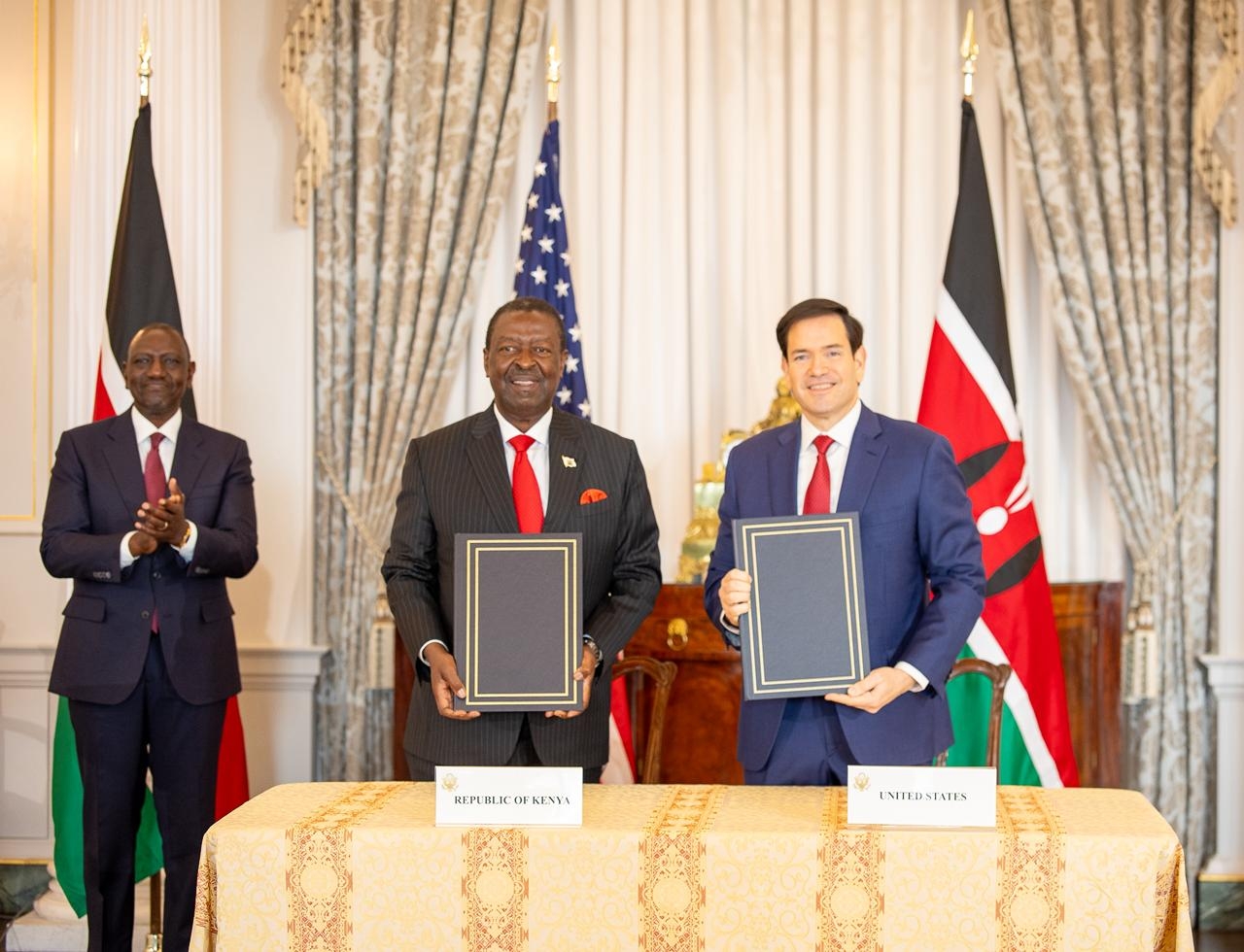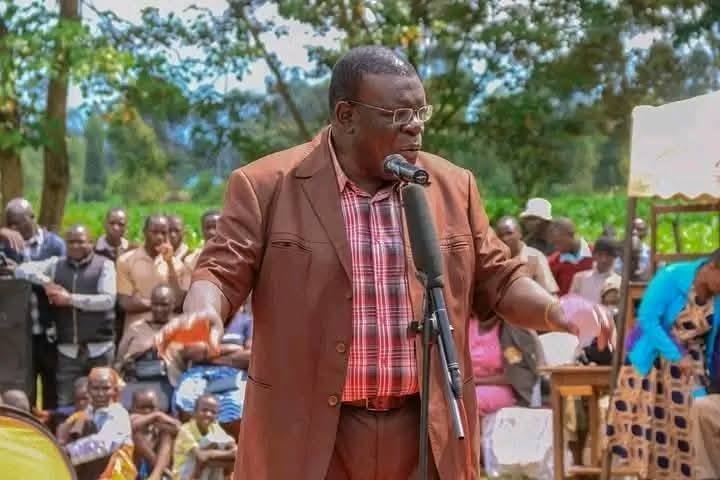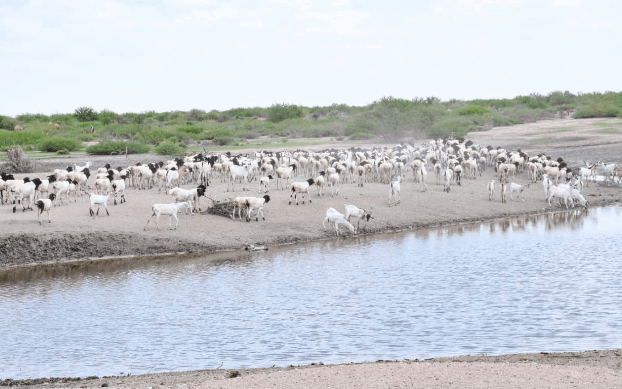Farmers in Vihiga and Kisumu counties have received new processing units and value-addition equipment.
In Vihiga the beneficiaries are from Itumbu and Lianaginga areas while in Kisumu the farmers are from Nyakach, Kabudi-Agoro and Nyando.
The initiative is funded by the Alliance of Biodiversity International and the International Center for Tropical Agriculture, in collaboration with the International Center for Agricultural Research in the Dry Areas and the Ministry of Agriculture, Fisheries, Food Security and Nature of the Netherlands.
Jane Adhiambo, a farmer from Nyando, said women face challenges with traditional threshing and winnowing methods, which are typically seen as tasks for women and children.
"Women often spend excessive time and energy on these labour-intensive processes," she said, adding that the new equipment will not only save them time but also conserve energy.
Adhiambo said many women develop skin allergies from the dust while winnowing. But with this new equipment, those issues will hopefully become a thing of the past.
Her colleague from Kabudi-Agoro, Phoebe Abor, said sorghum had become a "headache" crop due to the laborious methods required for threshing and winnowing.
"Now that we have access to these machines, we feel empowered to increase our sorghum production," she said.
"Sorghum is gaining popularity for its health benefits, and with the right equipment and a ready market, our production will definitely rise."
From 2018 to 2021, the Alliance of Biodiversity International and CIAT, in partnership with the Food and Agriculture Organization of the United Nations, established three community seed banks aimed at conserving indigenous varieties of sorghum, finger millet, beans, traditional leafy vegetables and local maize.
Dr Carlo Fadda, Global Lead for the CGIAR Initiative on Nature-Positive Solutions, emphasised the importance of sustainability.
"We upgraded these seed banks to create linkages between the conserved diversity, value addition and marketing," he said.
"It's crucial for farmers to work in harmony with nature to reduce agriculture's climate footprint."
Fadda said there is a dual challenge of feeding an increasing population while conserving the environment.
"Traditional crops are resilient to climate shocks, pests and diseases and they are often more nutritious," he said.
He urged policymakers to support local seed systems rather than favouring commercial seed options.
"It's vital that policymakers collaborate with stakeholders to develop policies that uphold traditional seed varieties,” Fadda said.
Dr Abdul Aziz Niane, ICARDA country manager for the United Arab Emirate, noted that farmers face constraints including access to processing facilities and markets.
"Providing processing units and equipment empowers farmers to aggregate their produce and process it for preservation and marketing," he said.
Among the equipment distributed were solar-powered dryers, threshers, winnowers and hermetic packaging materials.
Niane, who also serves as the Arabian Peninsula regional programme coordinator and ICARDA focal person for the Nature Positive Initiative, noted that vegetable production tends to peak during the rainy season and declines during dry spells.
"With these dryers, farmers can now dry excess produce for later consumption and sell when demand is high," he added.
Vihiga County Agriculture director Reuben Chumba stressed the importance of value addition for smallholder farmers.
"It enhances the shelf-life of produce and improves market access," he said, urging farmers to collaborate in groups for large-scale production and joint marketing.
Dr Desterio Nyambongo, Director of the Genetic Resources Research Institute, said farming seasons have become erratic, so it's essential for farmers to cultivate a diversity of seeds.
"If one crop fails, others may succeed. Early-maturing varieties are more drought-resistant, while late-maturing crops thrive in longer rainy seasons,” Nyambongo said.
He added that access to quality seeds is a key determinant of successful production.













